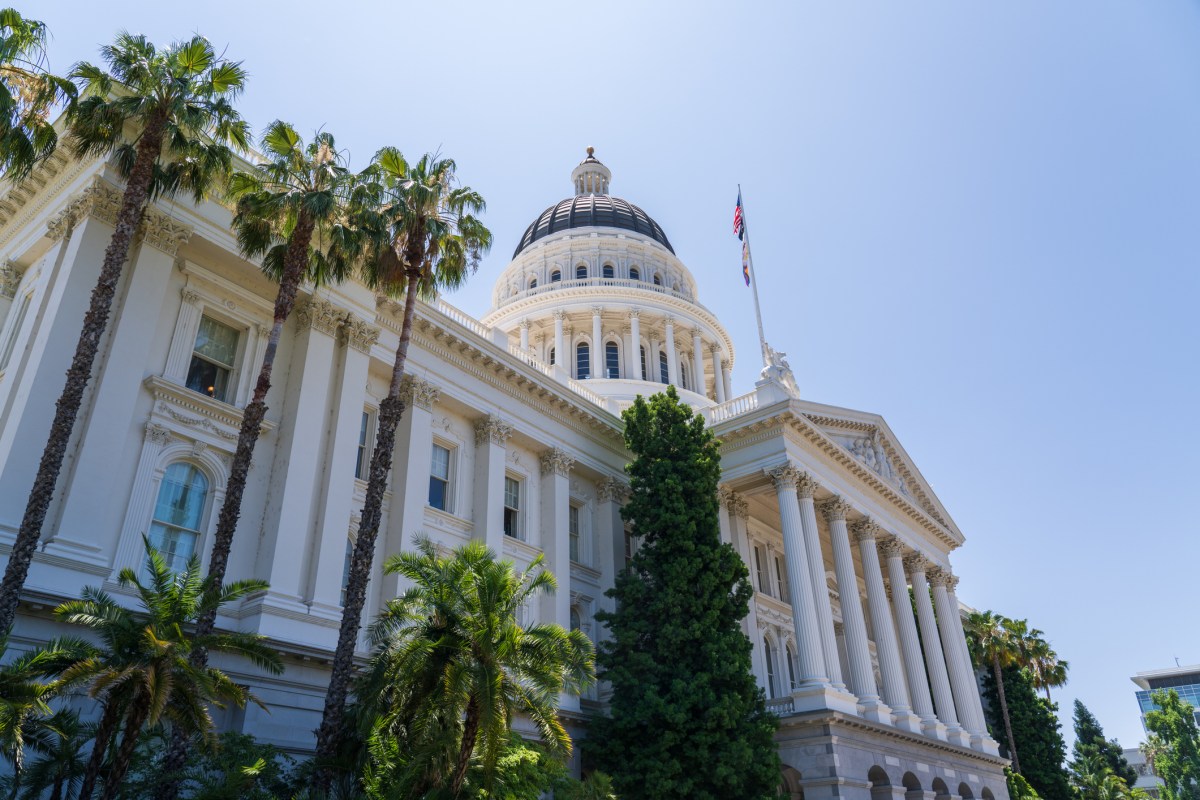California’s AI Safety Law Demonstrates Regulation and Innovation Can Align

Key Points
- California’s SB 53 requires large AI labs to disclose and follow safety protocols.
- Enforcement will be overseen by the Office of Emergency Services.
- Encode AI’s Adam Billen views the law as proof that regulation can coexist with innovation.
- Some AI firms, like OpenAI, have hinted they might adjust safety standards under competitive pressure.
- Political contributions from major tech players have intensified around AI regulation debates.
- Senator Ted Cruz introduced the SANDBOX Act to allow temporary waivers from federal AI rules.
- Federal export‑control proposals, such as the Chip Security Act, aim to limit advanced AI chips to China.
- Nvidia and OpenAI have expressed concerns about the impact of chip export restrictions.
- Billen describes SB 53 as a democratic success story that balances safety and progress.
California’s newly signed AI safety and transparency bill, SB 53, requires large AI labs to disclose safety protocols and adhere to them, aiming to prevent misuse such as cyber‑attacks or bio‑weapon creation. Encode AI’s Adam Billen says the legislation shows policymakers can protect innovation while ensuring safety, noting that many companies already perform model testing and release model cards. While some industry leaders worry about competitive pressure to relax standards, the bill’s enforcement by the Office of Emergency Services seeks to keep safeguards in place. The law has drawn mixed reactions from Silicon Valley, but proponents view it as a model of democratic collaboration.
SB 53: A First‑in‑the‑Nation AI Safety Framework
California Governor Gavin Newsom signed SB 53 into law, marking the nation’s first AI safety and transparency bill aimed at large AI laboratories. The legislation mandates that these labs be open about the safety and security measures they employ, specifically targeting risks such as the use of AI for cyber‑attacks on critical infrastructure or the development of bio‑weapons. Enforcement will be handled by the Office of Emergency Services, which will ensure companies follow the required protocols.
Industry Perspective on the New Requirements
Adam Billen, vice president of public policy at Encode AI, says the bill proves that regulators can protect innovation while demanding safety. He notes that many AI firms already conduct safety testing, publish model cards, and have internal safety policies. However, Billen acknowledges that some companies may be tempted to lower safety standards when faced with competitive pressure. He cites OpenAI’s public statement that it might “adjust” safety requirements if a rival releases a high‑risk system without comparable safeguards.
Balancing Competition and Public Safety
Billen argues that policy can lock in existing safety promises, preventing firms from cutting corners for financial or competitive reasons. He points out that the industry’s rhetoric often frames any regulation as a barrier to progress, especially in the context of the U.S. competing with China in AI development. Despite this, Billen believes SB 53 does not hinder the race against China; instead, it addresses specific concerns such as deepfakes, algorithmic discrimination, children’s safety, and governmental use of AI.
Political Dynamics and Funding
The bill has sparked political activity, with companies like Meta, venture capital firms such as Andreessen Horowitz, and OpenAI president Greg Brockman contributing heavily to pro‑AI political action committees. These groups have previously fought proposals to ban state AI regulation for a decade. Senator Ted Cruz, who championed that moratorium, introduced the SANDBOX Act, seeking waivers that would let AI firms temporarily bypass certain federal rules. Billen warns that narrowly scoped federal legislation could undermine state‑level efforts like SB 53.
Export Controls and Chip Policy
Beyond state regulation, the conversation includes federal export‑control measures such as the Chip Security Act, which aims to stop advanced AI chips from reaching China. The CHIPS and Science Act also seeks to boost domestic chip production. Some major tech companies, including OpenAI and Nvidia, have expressed reservations about these measures, citing concerns over effectiveness, competitiveness, and revenue impact. Nvidia, in particular, relies heavily on Chinese sales for a substantial portion of its global revenue.
Democratic Collaboration as a Model
Billen frames SB 53 as an example of democratic collaboration, where industry and policymakers work together to craft legislation that balances safety and innovation. He acknowledges the process can be “ugly and messy,” but asserts that this negotiation is essential to maintaining the country’s economic system and technological leadership. The law’s passage signals that state‑level regulation can coexist with a thriving AI ecosystem, offering a potential blueprint for other jurisdictions.